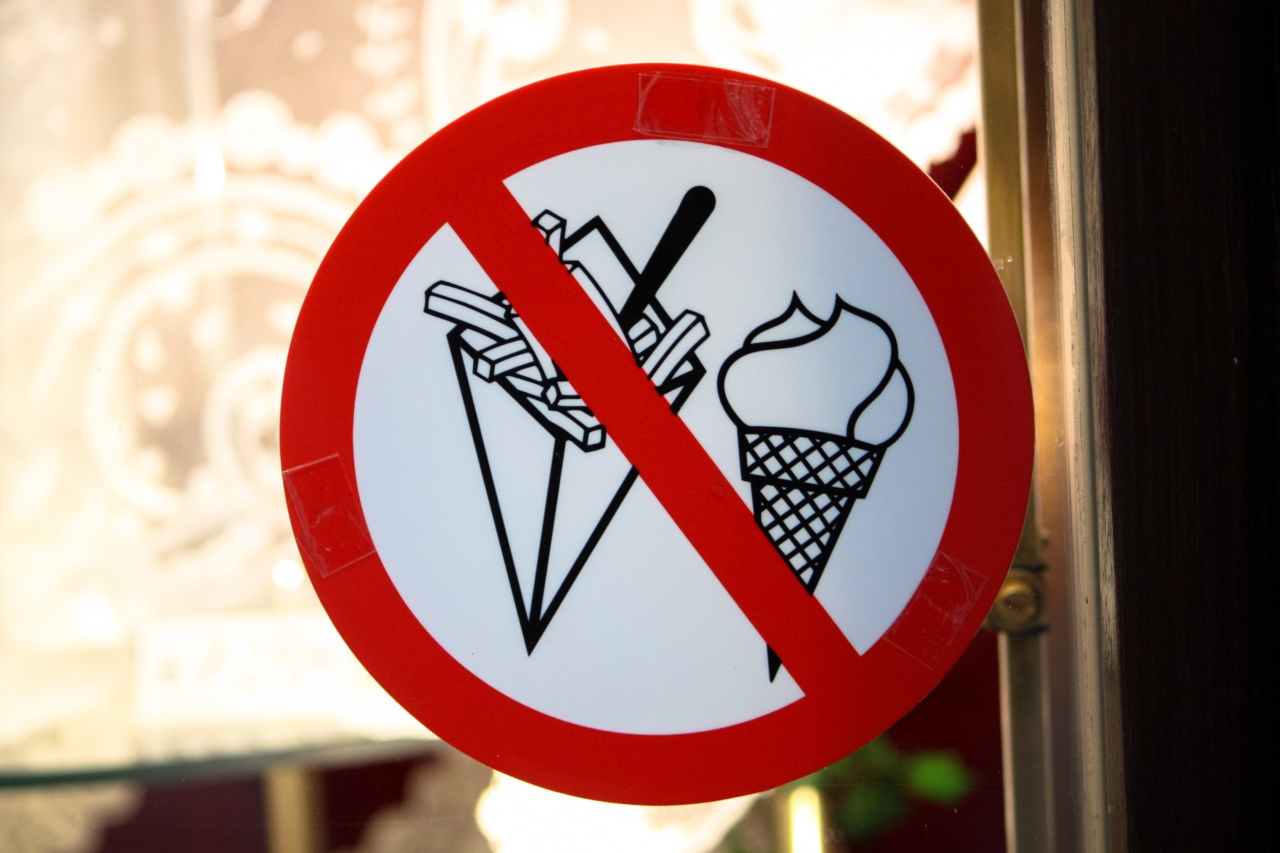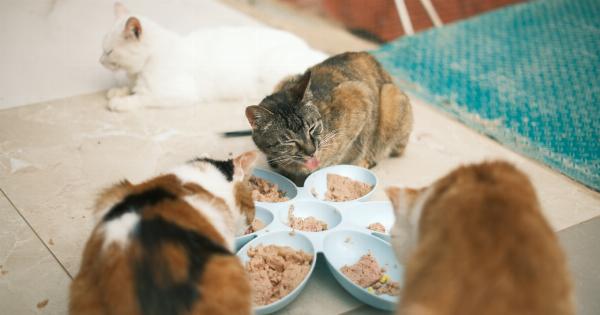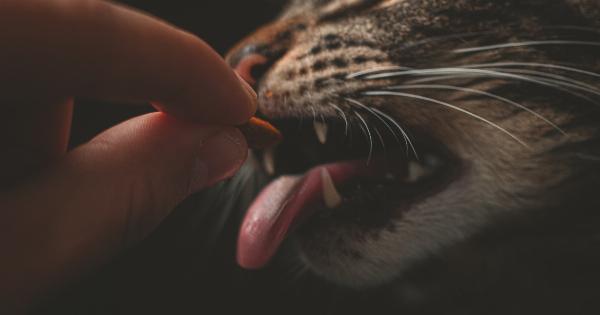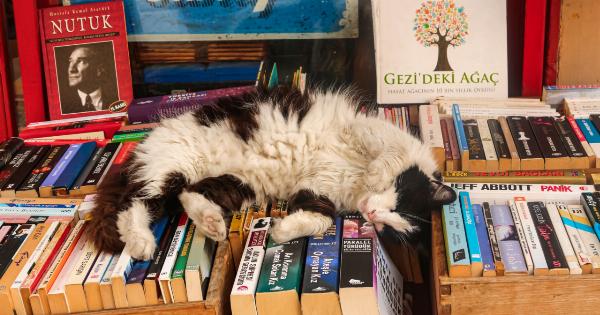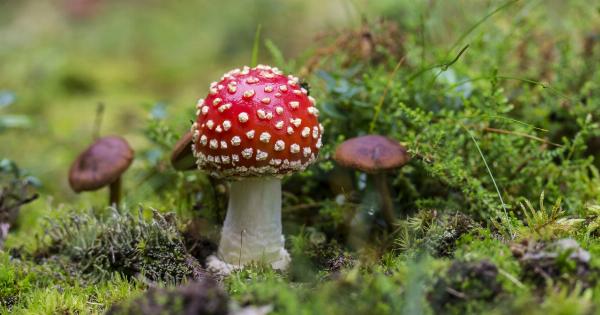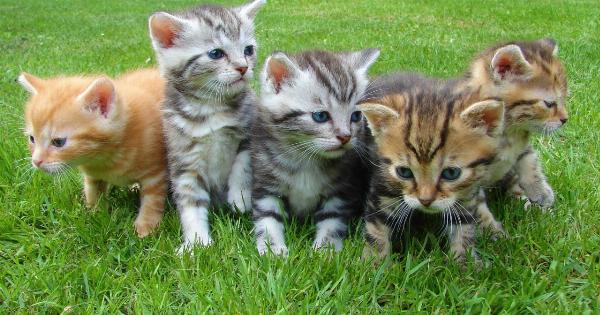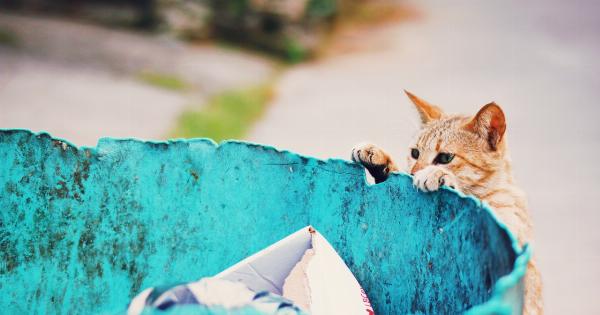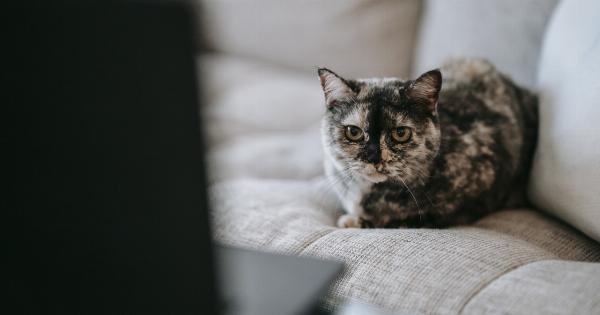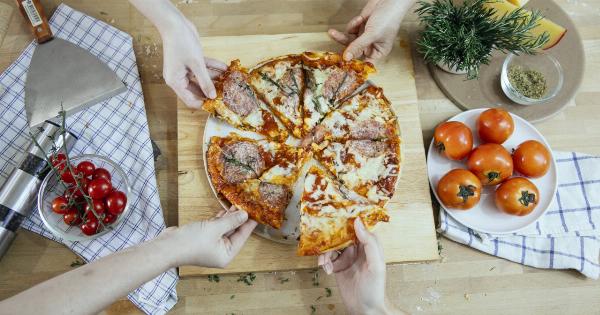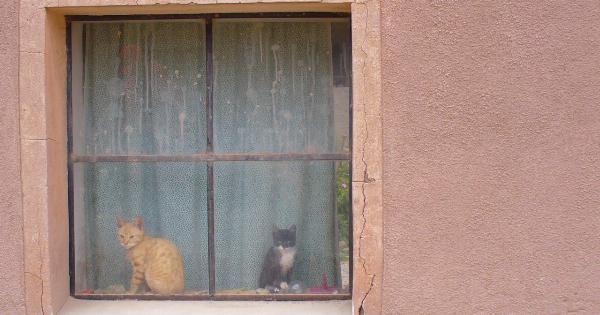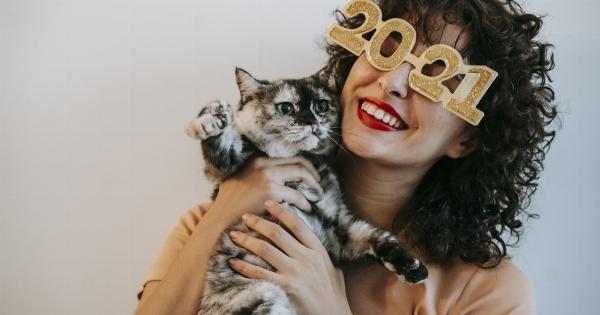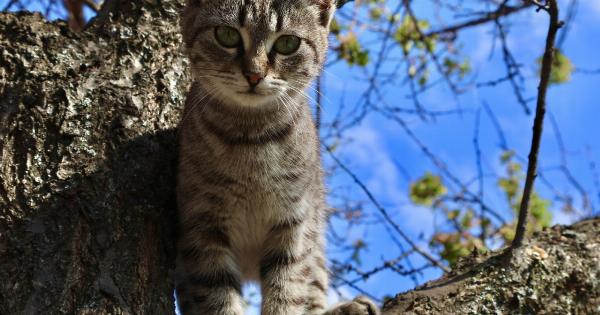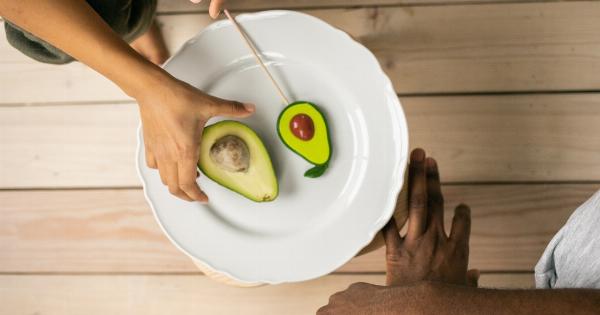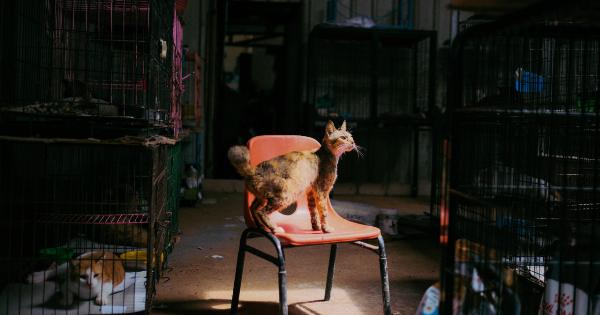Feeding your cat a balanced and nutritious diet is essential for their overall health and well-being. Cats are obligate carnivores, which means they require a diet primarily composed of meat.
However, not all cat food options provide the necessary nutritional content for your feline friend. It is crucial to be aware of warning signs that indicate your cat’s diet may need improvement. Recognizing these signs can help prevent potential health issues and promote a happier, healthier life for your beloved furball.
1. Excessive Weight Gain or Loss
One of the noticeable indicators that your cat’s diet needs improvement is sudden and unexplained weight gain or loss. If your cat is becoming overweight or underweight, it may mean that their current diet is not meeting their nutritional needs.
Consult with your veterinarian to determine a healthy target weight for your cat and discuss appropriate dietary changes to help them reach their ideal weight.
2. Dull and Unhealthy Coat
If your cat’s coat appears lackluster, dry, or excessively shedding, their diet may be lacking important nutrients such as fatty acids. Fatty acids, particularly omega-3 and omega-6, are crucial for maintaining a healthy coat and skin.
Consider incorporating cat foods that are rich in these essential fatty acids or talk to your veterinarian about supplement options.
3. Digestive Issues
Cats can experience digestive issues when their diet is not suitable for their digestive system. If your cat frequently suffers from diarrhea, constipation, vomiting, or other gastrointestinal problems, it is likely a sign of dietary inadequacy.
Consult with your veterinarian to identify potential food allergies, intolerances, or dietary changes that may alleviate their digestive discomfort.
4. Lack of Energy and Lethargy
A well-balanced diet directly influences your cat’s energy levels and overall vitality.
If your usually active and playful cat appears lethargic, lacks energy, or seems uninterested in activities they typically enjoy, it may be due to a diet that does not supply the necessary nutrients. Feeding your cat food with high-quality proteins and essential vitamins is important for maintaining their energy levels and supporting their overall health.
5. Dental Problems
Poor nutrition can lead to dental problems in cats. If you notice that your cat has bad breath, swollen gums, or difficulty eating, it might indicate dental issues related to their diet.
Proper dental care, including regular professional cleanings and appropriate diet, can help prevent dental diseases and support your cat’s overall oral health.
6. Frequent Hairballs
Hairballs are a common occurrence in cats, but excessive hairball formation can signal an inadequate diet.
Cats with inadequate dietary fiber intake may struggle to pass hair through their digestive system, resulting in more frequent hairball regurgitation. Consider providing your cat with food that contains appropriate levels of fiber to improve their digestion and reduce hairball formation.
7. Allergies and Skin Irritations
Food allergies and intolerances can manifest in various ways, including skin irritations such as itching, redness, and rashes.
If your cat frequently scratches, licks excessively, or develops skin problems, it could indicate an adverse reaction to certain ingredients in their diet. Working with your veterinarian to identify and eliminate potential allergens from your cat’s diet is essential for resolving these issues.
8. Urinary Tract Problems
Cats are susceptible to urinary tract issues, and diet plays a significant role in preventing such problems. If your cat frequently experiences urinary tract infections, crystals, or blockages, their diet may be a contributing factor.
Ensure that your cat’s diet contains an appropriate balance of water, protein, and minerals to support urinary tract health.
9. Lack of Appetite or Excessive Hunger
Changes in appetite can indicate dissatisfaction with your cat’s current diet. A sudden lack of appetite or increased hunger and food-seeking behavior might indicate that their nutritional needs are not being met.
Consult with your veterinarian to rule out any underlying health issues and explore diet options that will entice your cat to eat a balanced and nutritious meal.
10. Poor Overall Health and Immunity
A proper diet is vital in supporting your cat’s overall health and immunity. If your cat frequently falls ill, takes a long time to recover from illnesses, or exhibits a weakened immune system, it may indicate nutritional deficiencies.
A well-balanced diet, specifically formulated for feline needs, can boost their immune system and promote optimal health.
